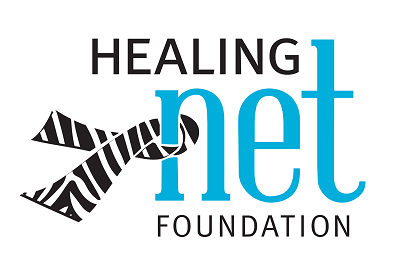Fatigue: Causes and Solutions
/Being a patient can be exhausting in many ways, and you might find yourself with limited energy even after treatment ends. You would not be alone in this. The most common symptom and the one identified as most troublesome to all cancer patients, including NETs, is fatigue. Yet fatigue will get worse if ignored.
"If you have fatigue, it needs to be carefully evaluated by your care team. Fatigue may be related directly to the cancer itself and/or to the cancer treatments that patients might be receiving. There may be more than one cause of fatigue to be addressed, such as:
- Underlying medical conditions, for example, low thyroid gland function or low B12 levels—these can be treated to improve energy levels.
- Poor nutrition—sometimes evaluation by a dietitian might be needed to make sure you are getting proper nutrition.
- Deconditioning (not being able to exercise)—try to remain active.
- Trouble sleeping—try to optimize your daily schedule so that you will get enough sleep at night. Limit daytime naps.
Other ways to help combat fatigue include:
- One could try to conserve energy. For example, delegate some of your responsibilities to others or schedule your activities during times when you are at your peak performance.
- Psychosocial approaches, for example, cognitive behavioral therapy, help some people.
- Other approaches include yoga, acupuncture, physical therapy and light therapy.
- Occasionally, in cases of severe fatigue that cannot be corrected otherwise, doctors use medications (for example, methylphenidate) to help patients stay alert.”
--Boris Naraev, MD, PhD



